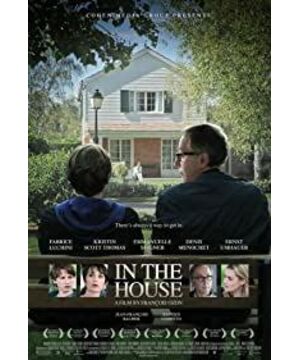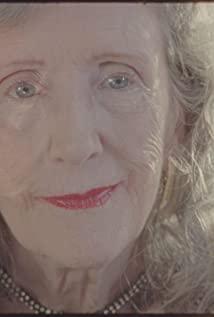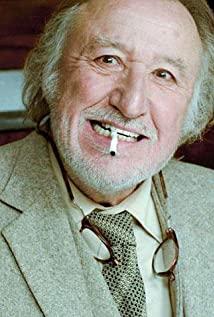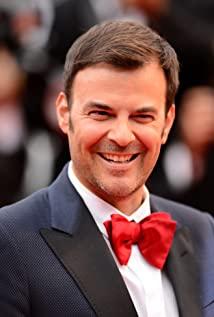How does the narrative gain constant momentum? This is probably a question every writer has to deal with all the time. Great writers are not necessarily so pure in motivation, and anonymous are not necessarily vulgar. In "Into the House", the creator Ou Rong still pays attention to his unchanging theme, making this rather literary problem lie in Ou Rong's desire again.
The literature teacher Gilman discovered that Gaudí was a literary teenager, quite gifted. As a result, this middle-aged man, who once delusionally wanted to join the literary palace, began to enlighten Gaudi's literary writing under the agitation of his desire to write. Flaubert, Dostoevsky, conflict resolution, role fulfillment, teachers full of literary knowledge seem to have found an outlet to make up for the monotonous literary enlightenment in an idiot classroom of idiot students. Thus, the enlightener begins to fall into the authoritative obsession that enlightenment constitutes, although this enlightenment may seem chaotic and contradictory. Flaubert seemed to be the teacher's greatest writer, but the desire for authority had plunged Gilman into a delirium of passion, unaware that his teaching had nothing to do with Flaubert. Observational writing without judgment has become its own subjective construction. The narrator quietly switches. Gilman also slowly detached from his role as an educator and became a decision maker in writing. The desire for authority combined with the voyeuristic desire of this middle-aged and old man allowed Gaudí to successfully find the complicity of this disgraceful act.
Ou Rong seems to have re-emphasized one of his own understandings in the shaping of the character of Gaudí: young people are often valuable rebels in this society. At the beginning of the film, the principal announces an important move to strengthen collectivization: make all students wear school uniforms. In a later quarrel with the principal, Gilman denounced the measure as making students sheep. On the surface, Gilman is a bearer of individualistic ideas. But in fact, many details of the film suggest that the middle-aged man's mind is tired. He has a family full of tedious details, seems to have good taste, and his wife in the art business worries about her job every day. They distanced themselves from the vulgar middle class by relying on intermittent "artistic" exchanges every day, but had to curry favor with these middle classes to achieve their own decent life. Even, in the eyes of some people, the Rafa family with a good father-son relationship seems to be happier than Gilman. Of course, after a little scrutiny, we can find that Ou Rong's criticism of the middle class is still positive. Old Rafa is a fan of China, whether it is home decoration, values about respect, or even the final destination of the whole family, it is all related to his admiration for China. But in fact, Lao Rafa knew very little about China, and everything was based on fantasy. And when Ou Rong tried to shake this fantasy by the appearance of a hateful Chinese, the old Rafa simply built this fantasy even stronger.
On the contrary, Gaudi, who lacked maternal love since childhood and lived on welfare, was completely an outsider, a middle-class outsider. From the very beginning, the teenager who appeared as an enlightened person in the film showed his high-profile and ambiguous provocation. On the surface, Gaudí is drawn by his own voyeurism, lack of maternal love, and even sexual provocation, while exploring the winding paths of writing under the direction of a mentor. But in fact, the sixteen-year-old is not a fan of writing: to explore life for the sake of writing. Just like the seventeen-year-old girl in "Flower Rongyue", life comes first, and they have always been seeking the unknown of life in order to obtain some kind of confirmation. So life becomes an adventure to see more of the world: to see the perfect family, to feel the love of a mother, or even just to witness the private life of a high school teacher. Like "The Beauty of the Flower", the two young protagonists display a confidence that the middle class does not have. It is this self-confidence that drives this kid with a devilish smile, following the lure of desire, to tease a real middle-class man.
So Ojon's observations of the younger generation in France give him a non-critical definition of desire. At the end of the film, Gaudi confronts Gilman, who seems to have nothing, and formally issues his invitation. You are not nothing, you have desires, so you have life.
View more about In the House reviews











